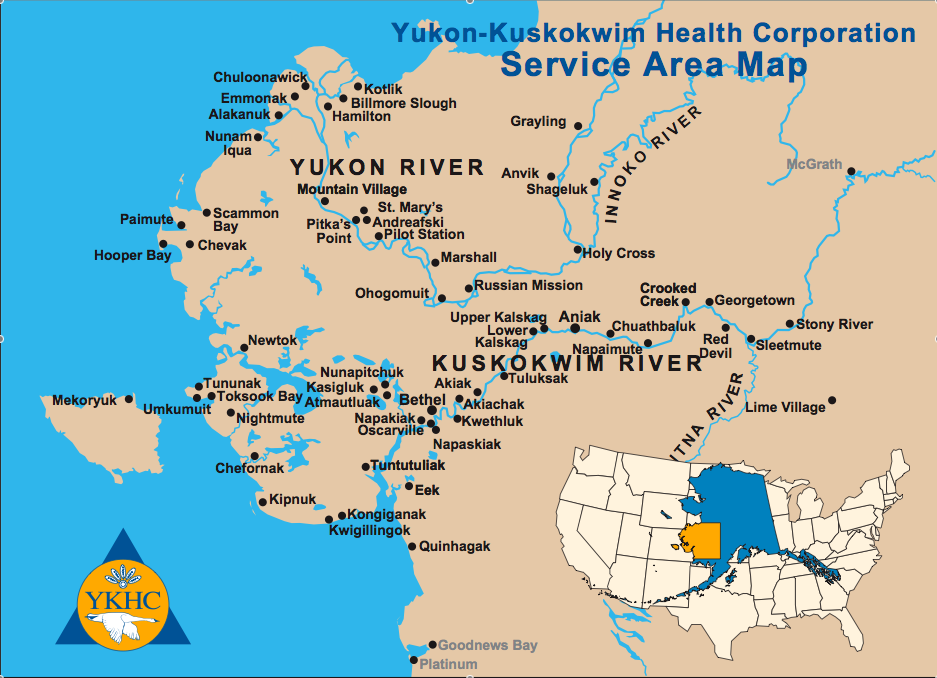Alaska Native Health and Wellness Research Center
Addressing health research priorities of Alaska Native communities
The OHSU Alaska Native Health and Wellness Research Center (ANHWRC) incorporates a broad range of medical and scientific research, explicitly for the health and well-being of present and future generations of Alaska Native people. It builds on research momentum gained during the tenure of Professor Bert Boyer, Ph.D. and Scarlett Hopkins, RN, M.A., at the University of Alaska Fairbanks. For over 20 years, Boyer and Hopkins have been dedicated to developing a community-based participatory research (CBPR) partnership with Yup'ik Alaska Native people. CBPR is an equitable approach to research that starts with, and is driven by, the community.
A partnership with the Yup'ik people
The work of the ANHWRC expands the knowledge base of the Developmental Origins of Health and Disease (DOHaD), by engaging respectfully with Alaska Native people. The partnership explores the social determinants of health within the communities, including nutritional and behavioral factors that have historically protected the Yup’ik people from diabetes and heart disease. This partnership seeks to understand the developmental origins of disease and resilience within Alaska Native peoples' unique ancestry and to support Native American investigators wanting to pursue research and health-related careers.
Community locations are in very remote areas of Alaska
Boyer and Hopkins work with 11 communities located in the Yukon-Kuskokwim Delta of southwestern Alaska. This area, roughly the size of Nebraska, is home to about 23,000 Yup’ik people living in 58 remote communities. None of the communities are on a road system, and most are only accessible by small plane, snowmobile or boat.
Organizational structure
The ANHWRC sits within the OHSU Moore Institute for Nutrition & Wellness. The Center’s work is endorsed by Yup’ik partners, and consists of a Tribal Oversight Committee and an OHSU Scientific Advisory Committee. Research areas include a focus on understanding protective factors and resilience among Yup’ik Alaska Native adults, as well as developing and conducting prevention and intervention studies with adolescent girls and pregnant women –a critical time period that influences the health outcomes of future generations.

Current projects
- A 5-year, $3 million NIH grant to identify molecular mechanisms linking the protective role of culture to blood pressure regulation, a major risk factor for stroke in Yup'ik Alaska Natives.
- A 3-year grant from M.J. Murdock Charitable Trust to study the roles of diet transition and nutrition in pregnant Yup'ik mothers and the health of their offspring.